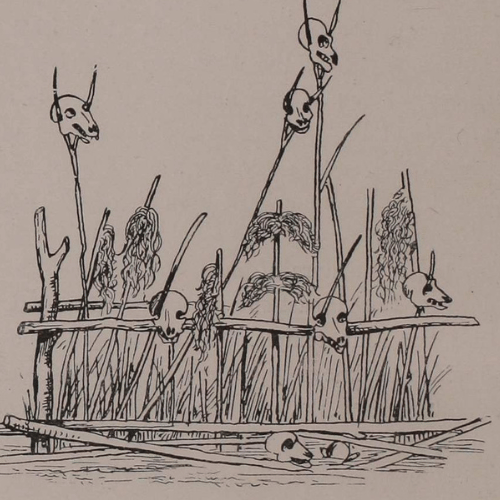United2Act – Making Progress Against Paper Mills
United2Act – Making Progress Against Paper Mills
July 16, 2024
United2Act – Making Progress Against Paper Mills
Earlier this year Wiley announced its endorsement of the United2Act initiative, which represents a multi-participant approach to addressing the significant problems posed by paper mills and the systematic manipulation of the publication process. United2Act is organized around five working groups, which have now published draft recommendations open to the research and scholarly publishing community for comment.
We encourage you to review the recommendations and provide your feedback to United2Act.
Why is the United2Act initiative collaborative?
This initiative’s operating philosophy acknowledges that each participant in research and publishing has a role to play, and those participants are varied including researchers, institutions, publishers, funders, and others. The scholarly enterprise is then better protected through clear communication between participants, a shared understanding of the drivers and motivations behind paper mills, and expectations of the actions that each participant can take.
I, along with other colleagues at Wiley, have been involved in this work since its inception. The true value has been in the bringing together of a diverse group of participants enabling us all to better understand the roles we play in research and publishing integrity. New networks, channels of communication, and ways of working together have now been formed.
 Image source: United2Act
Image source: United2Act
How do the initiative's recommendations apply to Wiley’s strategy?
From the publisher perspective, I see the following recommendations applying specifically to our strategy at Wiley:
- Pace of resolutions (Working Group 2): Dedicated investigation and resolution resources in journals and publishers is essential to mitigating the impact paper mill articles have on the scholarly record. Wiley’s Integrity Assurance and Case Resolution team leads this work across our portfolio, in partnership with the editors of our journals, and in response to the important work undertaken by research integrity sleuths.
- Communication (Working Group 2): Publishers, research integrity sleuths, institutions, editors, and other roles work independently. This means the status of the review of a concern is not always clear; our goal is to ensure we are informing those who raise concerns once an outcome has been agreed.
- Understanding the landscape (Working Group 3): There is a rich bibliography of research in place addressing the paper mills phenomenon, the incentives structures behind it, and its evolution. Wiley has been transparent about its own efforts to address paper mills and as a publisher we have an opportunity to contribute more to the research needed to guide strategy and action.
- A framework for dialogue (Working Group 5): Incentive structures and the pressure to publish create a marketplace for paper mills. Acknowledging those pressures and identifying common causes across the research ecosystem positions United2Act participants to act within their roles while taking account of current gaps. At Wiley, we are eager to learn from all participant groups in the framework, and in expanding regular engagement with those groups to support a strategy of prevention.
- Awareness and identification (Working Group 1): Journals are vulnerable to paper mills if they are not on the alert. Guidelines and training exist and there is value in bringing those resources together and shaping a curriculum that ensures we are operating from a shared playbook. We have operationalized this intelligence in our screening and publishing workflows; the further we move training upstream the more successful screening solutions can be.
How can you get involved?
The release of the draft recommendations represents a strong, early step towards action and provides a framework for collaboration. I am a member of Working Group 5 and we know we haven’t thought of everything. Community engagement and constructive feedback on these recommendations is pivotal to continuing the momentum and to bringing a full picture of potential solutions and concentrated effort. As a participant in this initiative, I urge you to offer your views on the recommendations and to bring your expertise in shaping them.
Navigate to the documents for each working group below, along with example areas of focus for feedback. Your feedback is encouraged via this form or via email: contact@united2act.org
- Working Group 1: Education and awareness
We welcome feedback on the modules to be covered. - Working Group 2: Improve post-publication corrections
We welcome feedback on ways to improve communication and speed up the correction of the literature. - Working Group 3: Research on paper mills
We welcome feedback on the bibliography of existing literature. - Working Group 4: Develop trust markers
We welcome feedback on defining the types of trust markers as they relate to people, organizations, processes, and products. - Working Group 5: Facilitate dialogue between stakeholders
We welcome feedback on the terminology used when discussing paper mills and the rewards/incentives that fuel paper mills.
Learn more about the working groups and submit your feedback >>











